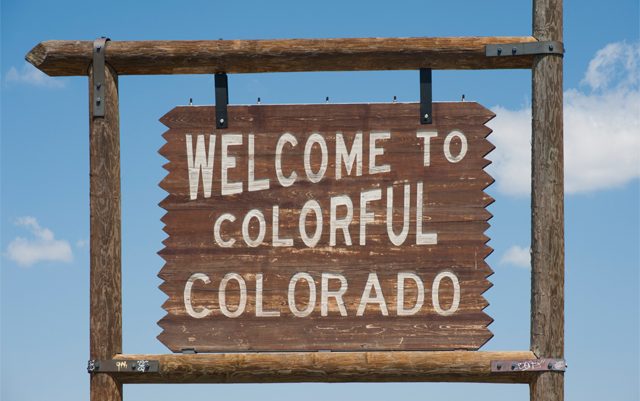According to a new report, legal marijuana had an economic impact on the state of Colorado to the tune of $2.4 billion and generated some 18,000 jobs in what has become the fastest growing part of the state’s economy.
From the report created by the Marijuana Policy Group: Legal marijuana demand is projected to grow by 11.3 percent per year through 2020. This growth is driven by a demand shift away from the black market and by cannabis-specific visitor demand. By 2020, the regulated market in Colorado will become saturated.
Total sales value will peak near $1.52 billion dollars, and state demand will be 215.7 metric tons of flower equivalents by 2020. Market values are diminished somewhat by declining prices and “low-cost, high-THC” products.
Of course these are just estimates as it is hard to come by solid numbers for a relatively new industry that has spent the last 8 decades underground. But if true, marijuana is expected to overtake the tobacco industry in Colorado in terms of tax revenue by the year 2020. It already generates more tax money than the state’s alcohol and casino industries.
It didn’t take any special powers of deduction to be able to predict that marijuana legalization would have a major economic impact in Colorado; the same will happen in every state in which cannabis is legalized for adults. A basic understanding of economics paired with simple logic can only lead to one conclusion: taking a massive underground industry and making it legal will have a huge impact on the economy.
Think about it: how many new industries start off with an established customer base that numbers in the tens of millions nationwide? A customer base already familiar with the products and that is ready and willing to spend money on them?
As the report discusses, there will come a point when the market is saturated and everyone who wishes to buy legal marijuana will be able to. But we are still a long way from that point, and there is still a lot of growing for the industry to do, even in states like Colorado and Washington.
When compared to other sectors of Colorado’s economy, marijuana is doing quite well.
“Applying the marijuana impact model to Colorado, it was found that each dollar spent on retail marijuana generates $2.40 in state output,” it says in the MPG report. “This compares favorably with general retail trade, which yields $1.88 per dollar. The more traditional (and sometimes subsidized) mining sector generates $1.79 per dollar. General manufacturing generates $1.94 per dollar, and casinos generate just $1.73 per dollar of spending.”
The full economic potential of legal marijuana is not yet known; we are just now seeing the proverbial “tip of the iceberg.”






